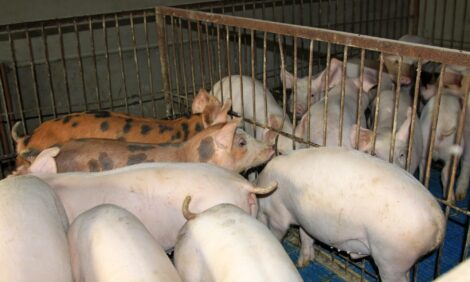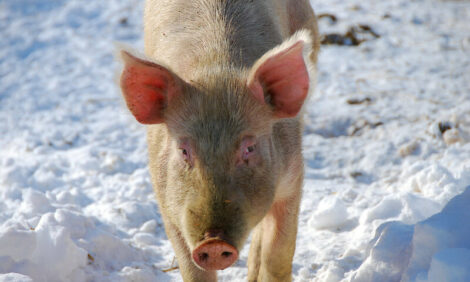



Philippines issues new rules to strengthen ASF safeguards
DA adopts regionalisation framework for safer pork trade
Agriculture Secretary Francisco P. Tiu Laurel Jr. has issued new rules aimed at strengthening the Philippines’ defences against African swine fever while ensuring the safe importation of swine and pork products, according to a government-issued press release.
The guidelines, set out in Administrative Circular No. 12, introduce ASF regionalisation, allowing recognition of ASF-free zones within accredited exporting countries in line with World Organisation for Animal Health standards.
“The government has been actively working to recover from ASF through a national zoning and movement plan, identifying areas already disease-free. This highlights the importance of science-based monitoring, regionalization for ASF freedom, and adherence to WOAH guidelines for safe swine trade,” Tiu Laurel said.
Only Department of Agriculture-accredited countries may apply for ASF regionalisation recognition. Exporting countries’ competent veterinary authorities must submit detailed reports on surveillance, control measures and the boundaries of ASF-free regions.
The Bureau of Animal Industry, through its Risk Import Assessment Team, will conduct a six-month technical review to verify compliance with national and international standards. After evaluation, the bureau will notify exporting countries of the results. Approved applications will include a draft ASF Regionalization Agreement outlining animal health requirements, import terms and a veterinary health certificate template.
Bilateral recognition begins once both countries’ chief veterinary officers sign the agreement and the DA issues a memorandum order. Commodities covered by existing export accreditation remain eligible, and exporting countries must file annual status reports detailing surveillance and control efforts.
Live swine must show no clinical signs of ASF, originate from ASF-free regions and avoid restricted zones during transport. Swine products must come from ASF-free regions, be transported directly to approved slaughterhouses in sealed vehicles and undergo ante- and post-mortem inspection with favorable results.
The circular requires a review after two years to ensure the rules remain effective. Any previous regulations inconsistent with the new order are repealed or amended.
Tiu Laurel said the order balances food security with strict animal health safeguards, protecting local producers while allowing responsible, science-based trade.







